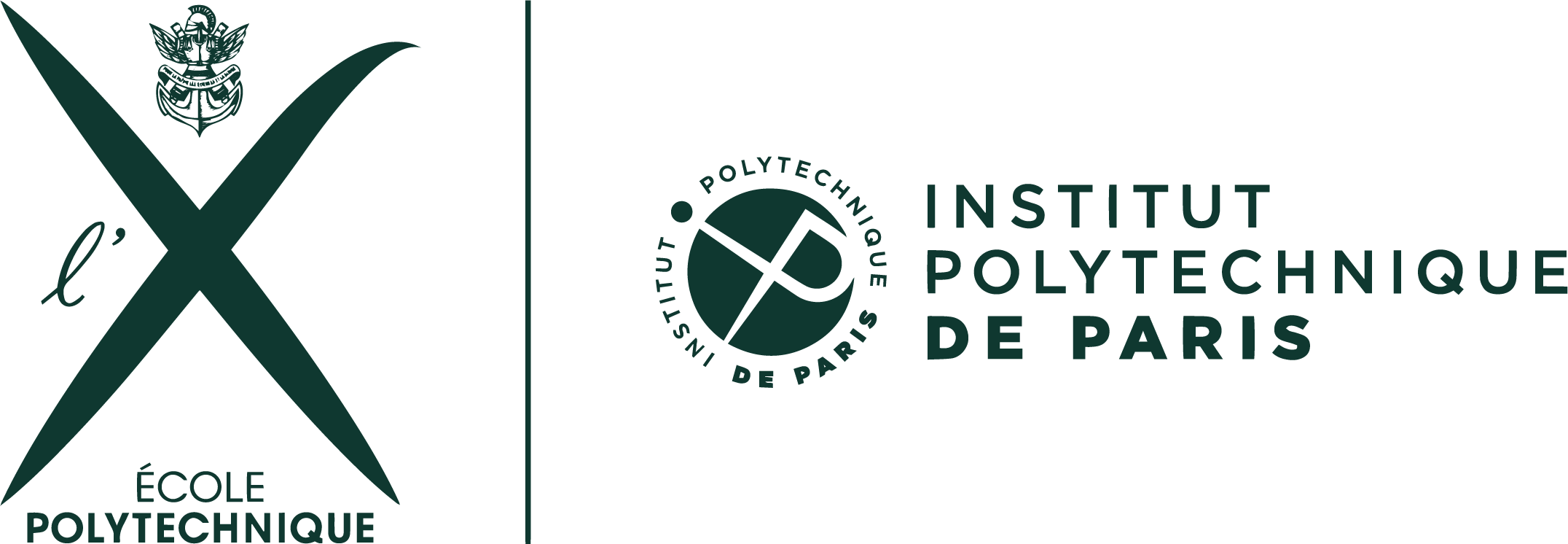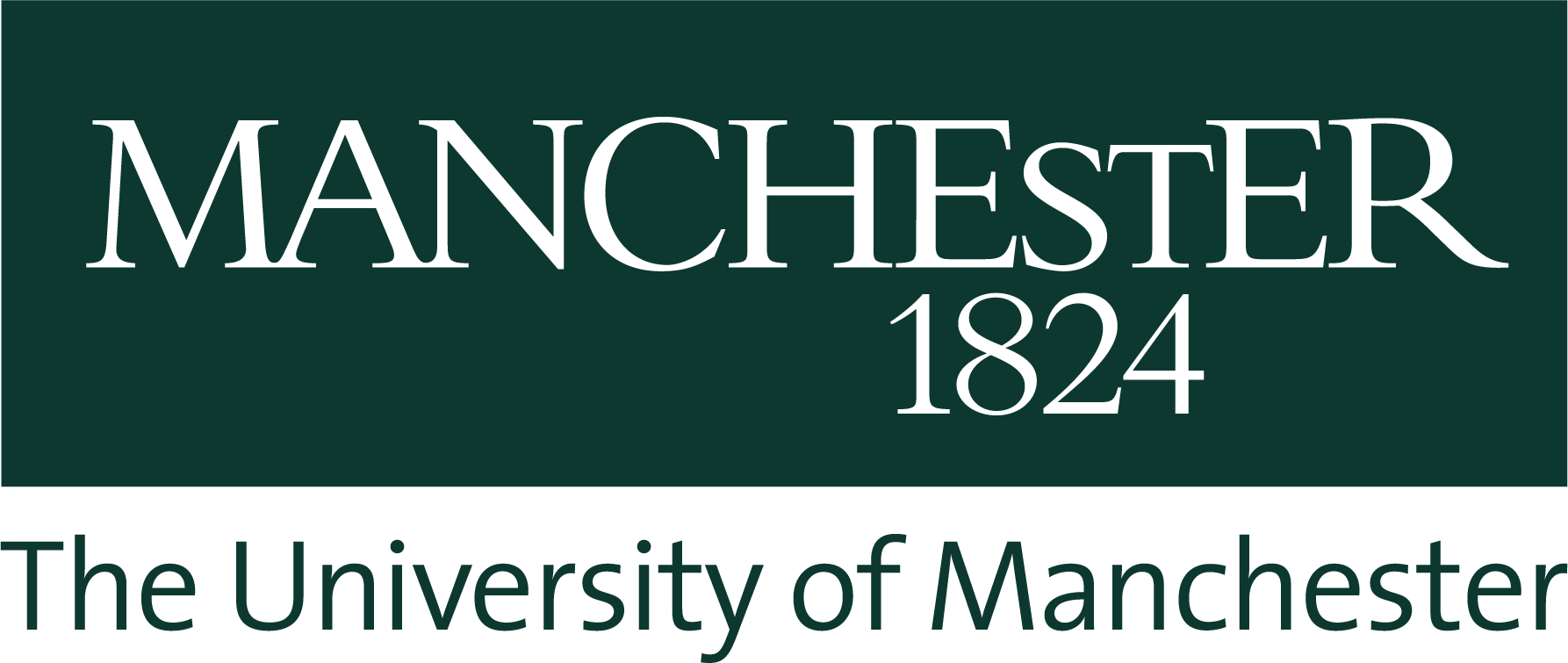REDUCING CARBON EMISSIONS at CHURCHILL COLLEGE FROM CATERED FOOD BY 55%
Churchill College (University of Cambridge) is transforming its approach to food offerings with the help of Klimato. By calculating impact and implementing carbon labelling on menus, the university’s catering department aims to enhance sustainability awareness among students and drive positive behavioural change.
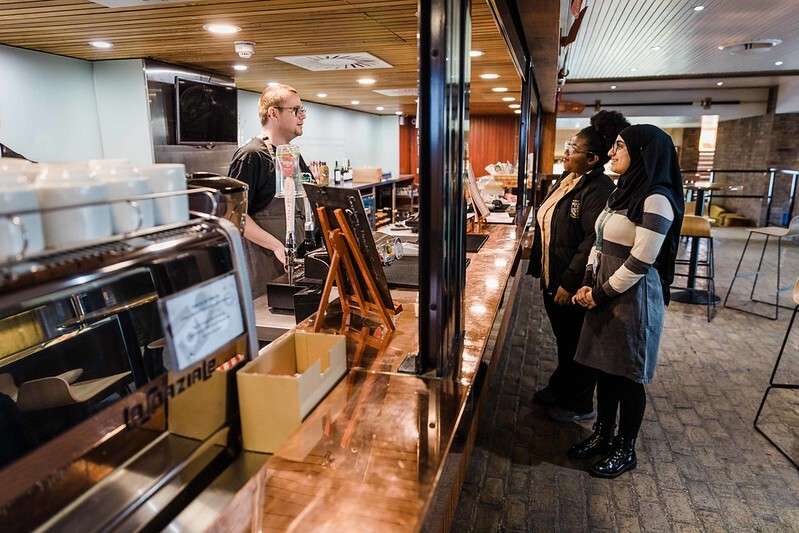
Uses Klimato for
Ingredient swaps, carbon-labeled menus, and data-driven optimization
CARBON REDUCTION
55% per meal in 7 months
EMISSION LEVELS
0,8 kg CO2e per meal
The Challenge
Reaching the ESG (Environmental, Social and Governance) Goals
Churchill College has identified food as being one of their main hotspots when trying to reach their ESG goals. To tackle the goals through food, the university decided to create a sustainable food culture by informing and engaging staff and students with transparent information about the carbon emissions of the dishes on their menus.
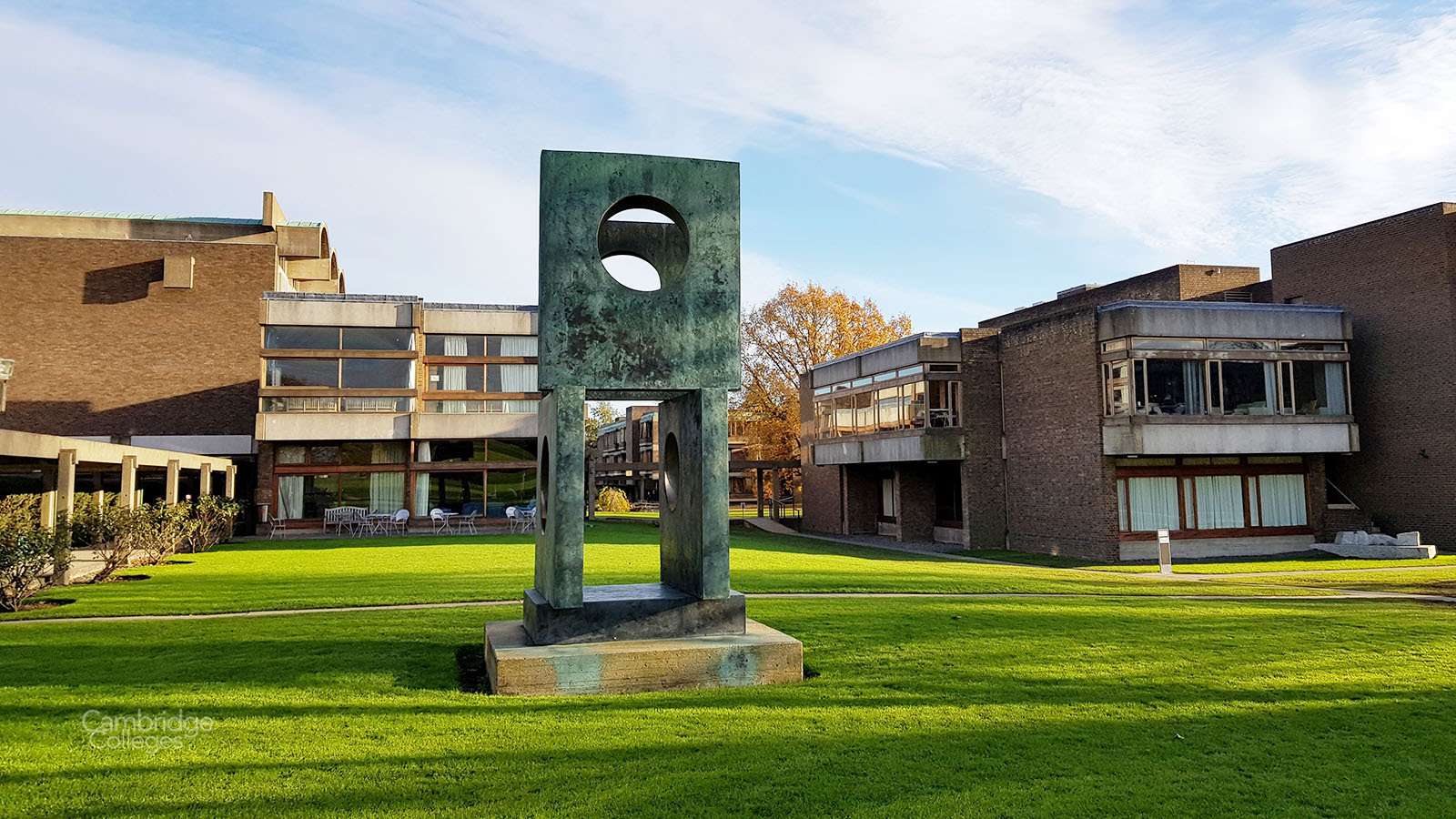
The Solution
To address this challenge, Churchill College decided to use Klimato’s features in the following ways:
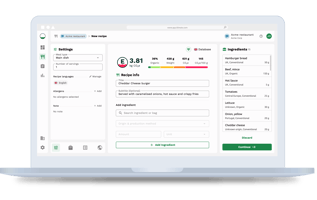
Calculator feature
to Measure Carbon Emissions
The dishes prepared by the university’s catering department were mapped by Klimato’s advanced software. The tool provided them with insights on the carbon impact of the food items used. The catering team had the hands-on data for the carbon emission on each ingredient which allowed them to swap certain ingredients to ones with a lower emission. This way they were able to prioritize sustainability in menu planning.

Carbon labels
to communicate and educate
After calculating and analyzing the data on carbon emissions, Churchill College introduced the carbon impact information on their menus. The information was displayed prominently and clearly, empowering students and staff to make conscious dining choices by selecting dishes with lower carbon emissions.
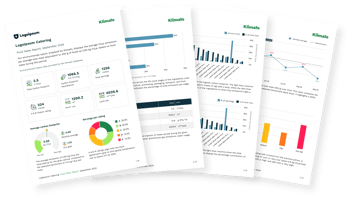
Reporting feature
to track and compare
After actively using Klimato when calculating and labeling, the university decided to input their sales data and track the overall carbon emissions of dishes they have served during that month. Klimato monthly reports allowed them to track their achievements. The reports also help catering teams identify which dishes are popular with students and thus identify the dishes that need adapting in order to reach the university’s sustainability goals.
DIGGING INTO THE NUMBERS
Results in 7 months
After using Klimato for just 3 months, the majority of dishes had a low or medium climate impact thanks to Churchill College experimenting with ingredient swaps in the tool. (We created an expert cheat sheet for ingredient swaps so everybody using Klimato can achieve such results.)
In 7 months, (between October 2022 and May 2023) the college reduced their emissions per meal by a staggering 55%! They were also able to keep this number consistent (0.8 kg CO2e in July 2023) by using Klimato’s tool to benchmark and make better decisions continuously.
This was achieved by ingredient swaps but also carbon labeling dishes and communicating with students, who have actively engaged with the carbon labels on the menus, with the majority choosing low-impacting dishes.
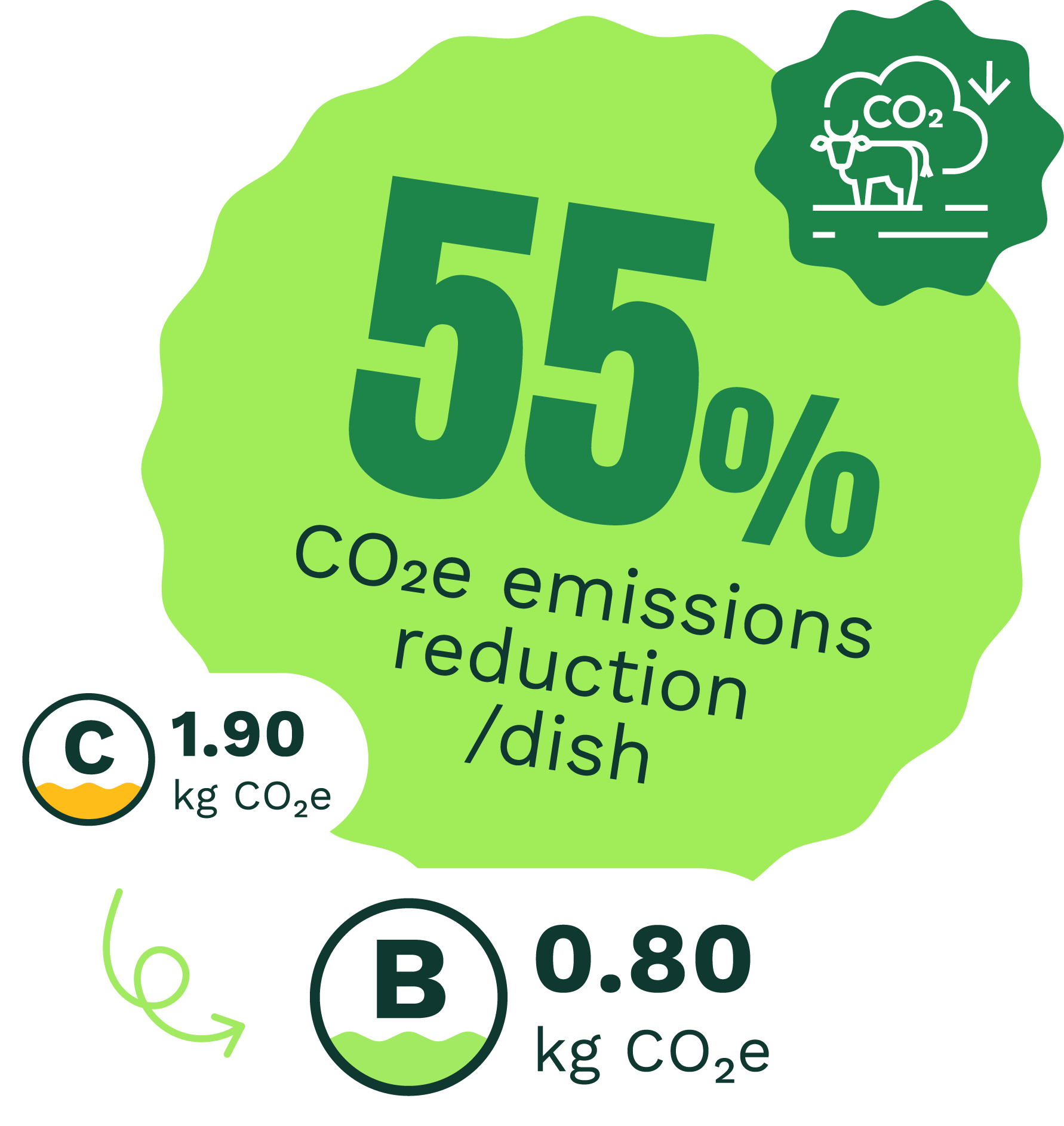
Klimato’s features make it easier to achieve sustainability goals like Churchill College’s ESG Goals
Through carbon emission calculation, carbon-labeled menus and monthly reports, the university has successfully engaged students and empowered them to make informed choices. Churchill College is a pioneer in sustainability within the higher education sector. Together with Klimato, the university is proud to continue their journey towards reducing their food’s carbon impact and inspiring future generations to embrace sustainable food cultures.


